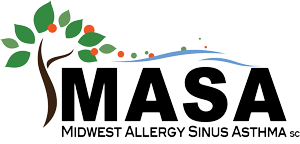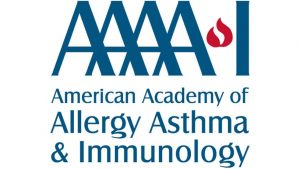Allergic Rhinitis Resources
Midwest Allergy Sinus Asthma, SCCommonly referred to as hay fever, allergic rhinitis occurs when the immune system overreacts to something normally considered harmless. Common triggers include pollen, animal dander, dust mites, and mold spores. Pollen can trigger seasonal symptoms, while other allergens may cause year-round symptoms.
The first step in treatment is proper diagnosis. Some patients with rhinitis symptoms do not have an allergy. Skin or blood testing can determine which allergens are affecting you, if any. Treatment may include avoiding allergens, medication, and/or desensitization, known as immunotherapy.
Medication selection is individualized to each patient, based on the symptoms that are most bothersome. Immunotherapy is also individualized to each patient, as a specific mix of allergens affecting that patient are used. For patients wanting to avoid allergy shots, desensitization can be achieved with sublingual dosing (drops under the tongue).
Related Articles:
Anaphylaxis FAQ
An anaphylactic reaction typically occurs quickly; symptoms usually appear between three and thirty minutes of exposure to an allergen. The quicker the reaction, usually, the more severe it is. Typically, anaphylaxis occurs shortly after exposure to a trigger, but in...
What Is Allergy Desensitization?
Allergy desensitization is a form of immunotherapy that employs the concept that one’s immune system is able to be desensitized to specific allergens overtime. Allergy shots, specifically, work similar to a vaccine, in that the body responds to the...
Allergy Desensitization FAQ
This form of immunotherapy works in a similar fashion to vaccines. By injecting the allergen into the body intentionally, the body eventually builds up a resistance to the allergen, thus desensitizing it from the allergen altogether overtime. For some, it...
Allergy Rhinitis FAQ
Any type of allergen that your body is allergic to can trigger allergic rhinitis. Call us at 309-254-0995 or 217-717-4404 to schedule an appointment and find out what allergens may trigger you. The duration of this condition varies depending on the individual and...




